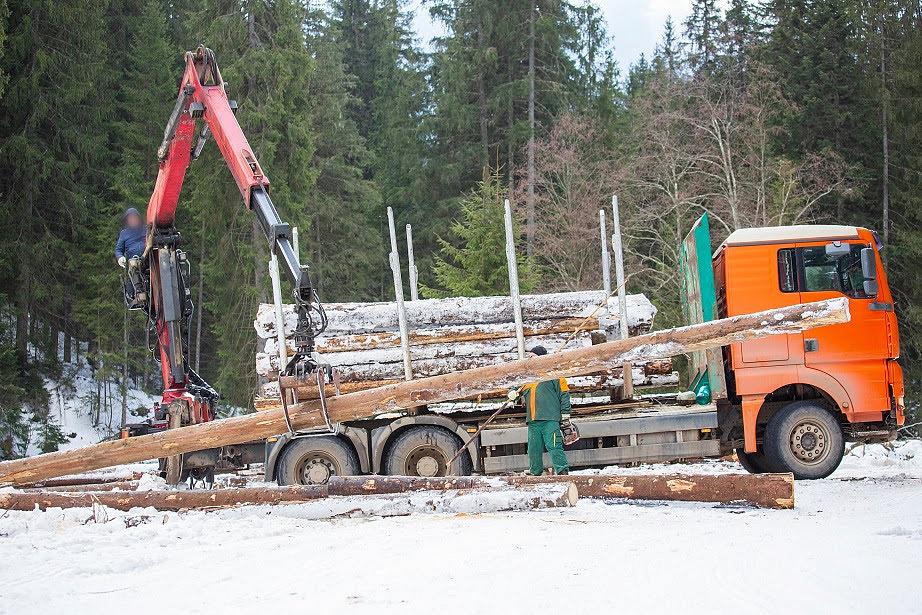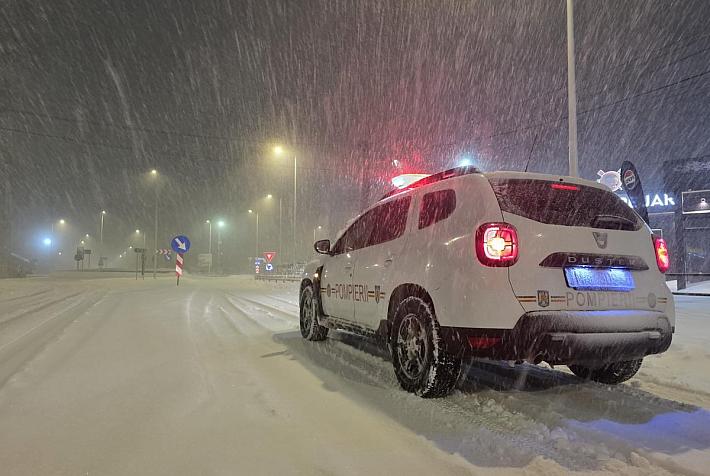WWF: Romania’s Forestry Code ineffective in stopping illegal logging, shipments

One-third of monitored timber transports in Romania are illegal, and approximately 26% of the transports are non-compliant, according to two reports conducted by the NGO World Wide Fund for Nature (WWF). The non-profit also says that the new Forestry Code is ineffective in addressing these issues.
The first report consists of video monitoring conducted for the third consecutive year. The monitoring, although lacking statistical relevance at the national level, clearly shows that the main method through which illegally harvested timber is introduced into the market is through "overloading," meaning the falsification of declarations regarding the quantities of timber being transported, WWF said.
Approximately 1 in 5 transports registered in SUMAL, the system tracking timber shipments, are overloaded with over 20% of the declared volume for each transport. Furthermore, half of the illegal transports that do not comply with regulations regarding the origin, circulation, and trade of timber are not even registered in SUMAL, the non-profit explained.
The second report was conducted by WWF by analyzing the data that operators are obligated to enter into the "Forest Inspector" platform. It highlighted the fact that the photos uploaded by professional timber transporters in SUMAL are often inconclusive and deceive the system, which is not designed to verify them.
WWF says that Romania’s new Forestry Code, currently under development, must take such problems into account. The initial draft, however, bypasses necessary reforms and deviates from the principles of sustainable forest management.
"We remain with the same inefficient system for combating illegal logging, where we will continue to see foresters attacked by thieves, local communities deprived of access to the resources they depend on, and suffocating bureaucracy that signals the bankruptcy of the entire forestry sector. Moreover, we risk having fewer forests, witnessing a liberalization of logging, triggering a new wave of state forest "privatizations," and abandoning responsible practices that ensure good environmental protection and biodiversity conservation,” said Radu Vlad, Forest Programs Manager at WWF Romania.
The NGO wants the new Forestry Code to establish rules that are easily monitorable, produce conclusive evidence in court, and, most importantly, eliminate systemic conflicts of interest. Field inspections should also target critical areas of the timber custody chain, where there are the highest risks of illegally harvested timber entering the market.
(Photo source: WWF Romania)













